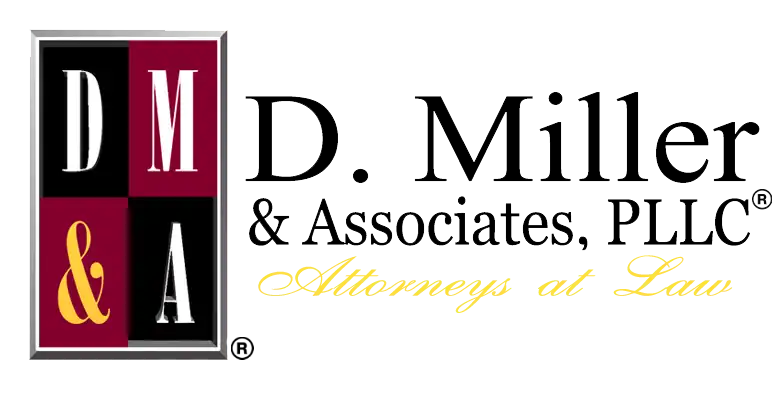In Texas, certain immediate family members may file a wrongful death claim to recover compensation after someone else’s negligence takes the life of a loved one. A wrongful death lawyer in Pearland can help you navigate this process, explain the steps to take, identify the liable parties, and pursue a payout through an insurance claim or a lawsuit.
At D. Miller & Associates, PLLC, we offer compassionate support and aggressive legal representation to ensure you get the full compensation you deserve. We offer free case evaluations and handle wrongful death claims on a contingency basis. You pay nothing unless we recover money for you. Call us today at 713-850-8600 to get started.
Damages Available in a Pearland Wrongful Death Action
The compensation you can collect through a wrongful death claim covers your financial and emotional losses that occurred because of the death of your loved one. This includes only the damages you and other qualifying family members suffered.
The types of damages available vary somewhat based on the details of your case, but some of the most common include:
- Funeral expenses and other burial expenditures;
- Lost income, based on your family member’s earnings;
- Loss of inheritance;
- Cost of therapy, counseling, and other emotional support services;
- Loss of services your family member provided;
- Loss of support for help with childcare and other household duties;
- Loss of advice and counsel your loved one provided;
- Loss of companionship; and
- Mental anguish, including your grief and suffering.
We cannot recover the expenses or losses the deceased suffered through a wrongful death claim. We can, however, help you pursue these damages through other means.
Eligibility to File a Wrongful Death Claim
Under the Texas Wrongful Death Act, only certain immediate family members of the deceased can bring a claim or file a wrongful death lawsuit and recover compensation. The eligible family members include:
- Legally married partners;
- Children; and
- Parents of the deceased.
The law prevents any other family members—including domestic partners, former spouses, siblings, or grandparents—from collecting compensation. If you have questions about your eligibility, we can help you understand your rights under this law.
The only other person allowed to file a wrongful death action is the administrator of the estate. If no eligible family member files a claim within the first 90 days after the person’s death, the administrator can usually take action to recover compensation for the eligible parties.
If any eligible party pursues a wrongful death action, it will benefit all eligible family members. There is no need for each family member to file a claim. For example, if a spouse files a wrongful death claim, their children and in-laws will also receive compensation.
Understanding If You Have a Valid Claim
Many of our clients hesitated to call because they were not sure if they had a valid claim. It can be difficult to know exactly what happened to cause your loved one’s death, and the process to try to identify any at-fault parties is painful. We can help you understand your rights, determine how and why your family member died, and explain your options for compensation. Do not hesitate to call us with any questions about whether you have a valid claim.
While almost any type of accident can support a wrongful death claim, the most common situations we encounter include:
- Car accidents;
- Truck accidents;
- Motorcycle wrecks;
- Pedestrian accidents;
- Bicycle collisions;
- Dog attacks;
- Slips, trips, and other falls;
- Swimming pool drownings and diving accidents;
- Other premises liability incidents;
- Medical malpractice injuries;
- Traumatic brain injuries; and
- Spinal cord injuries.
Proving Negligence in a Wrongful Death Action
To recover the compensation your family deserves, we need to provide evidence showing the at-fault party acted in a negligent manner. This requires us to demonstrate:
- The at-fault party had a duty to act in a reasonable and safe way;
- They failed to do so;
- This failure led to your loved one’s injuries and death; and
- You suffered financial losses and emotional damages because of their death.
To ensure we get the maximum compensation available, we will thoroughly investigate the circumstances of your loved one’s death. We identify all of the evidence available to support your claim and enlist the help of accident reconstruction specialists, medical experts, and others who can prove your case. Some of the most common types of evidence we find include:
- Police reports;
- Statement from others on the scene;
- Pictures before, during, and after the incident;
- Video of the incident, when available;
- Your family member’s medical records; and
- Receipts, bills, and other documentation of your expenses and losses.
Time Limits on Wrongful Death Lawsuits in Texas
The Texas statute of limitations gives us two years from the date of your loved one’s death to file a lawsuit on your behalf. This deadline does not apply to filing an insurance claim based on their death, but it is still important we act within this time frame. Knowing we could take the case to court provides an important incentive for the insurance company to offer us a fair payout for the damages you and your family suffered. Without this incentive, an insurer may be unwilling to negotiate a settlement at all. For this reason, we urge you to give us a call today to learn more about your options for compensation.
Talk to a Wrongful Death Attorney in Pearland Today
The Pearland personal injury attorneys from D. Miller & Associates, PLLC, can help you understand your rights if you lost a family member because of someone else’s negligent actions. We are here to answer questions and address concerns you have about your options for compensation as we guide you through the claims process. Call us today at 713-850-8600 for a free case evaluation in Pearland.

